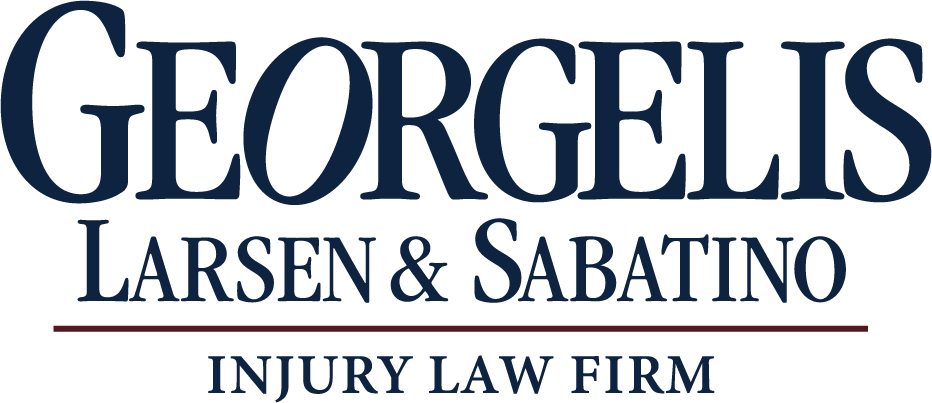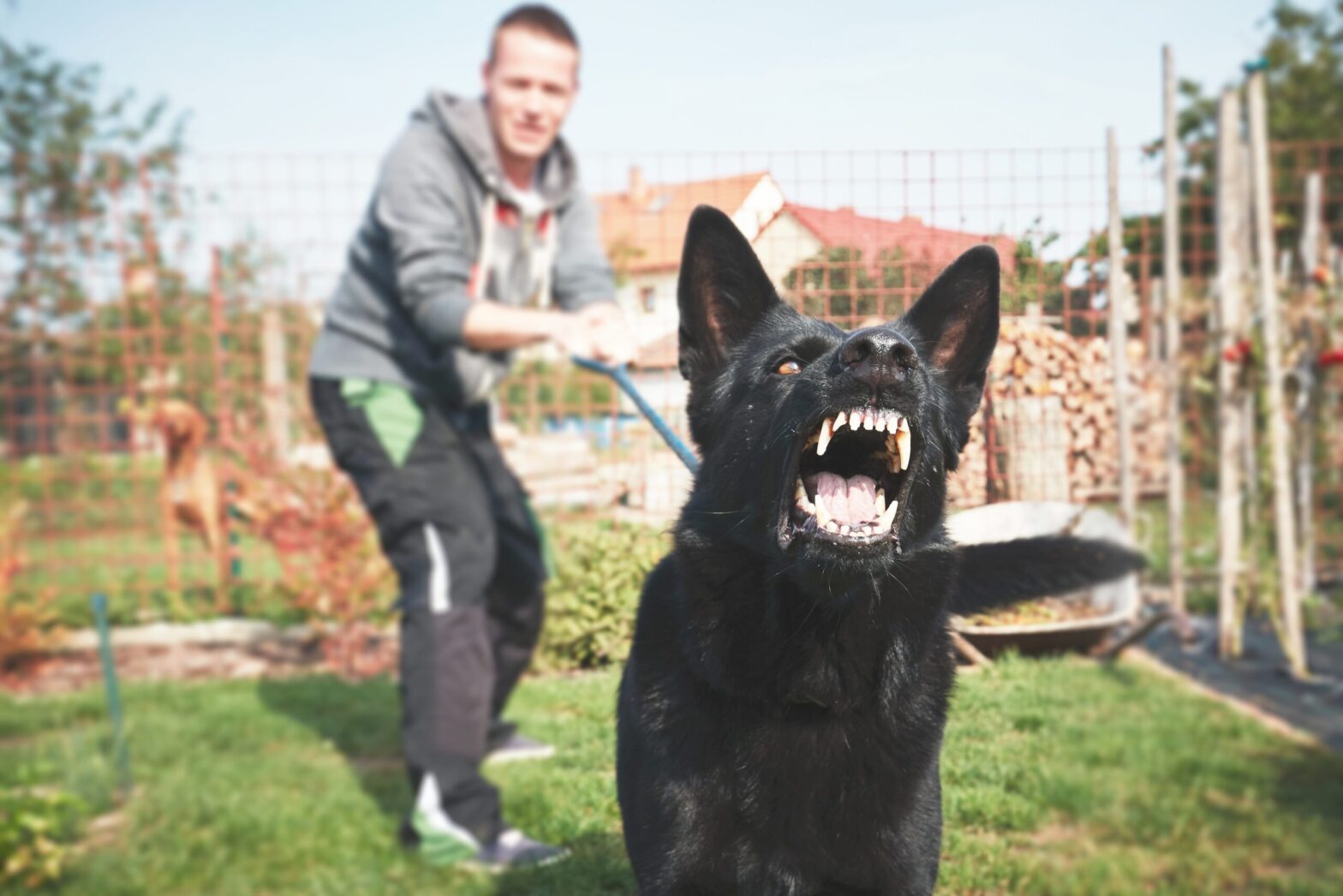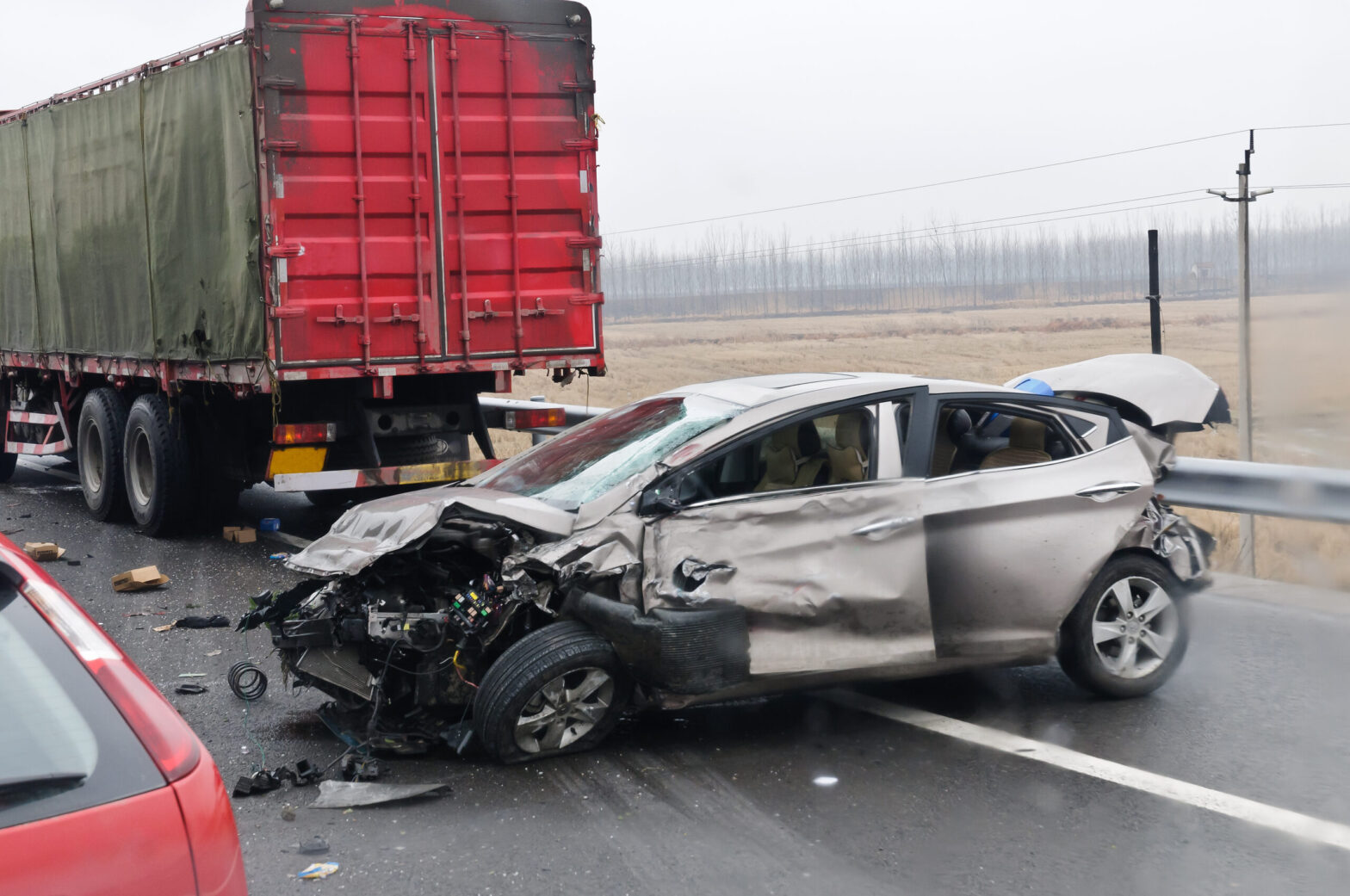An injury sustained on your property may result in a number of financial and legal repercussions. If you are a property owner, having at least a basic understanding of premises liability can help you prepare for and potentially avoid an expensive liability lawsuit.
Under Pennsylvania law, there are several defined categories of visitors: trespassers, licensees and invitees. Property owners hold varying levels of responsibility to each of these groups.
For trespassers, property owners must offer warnings about or make safe any conditions that could potentially cause death or severe bodily harm. Property owners face similar requirements for all licensees entering onto their properties.
Unlike the other two categories, invitees can expect a higher level of protection under state law. Where in the former cases, property owners are only required to present a warning about known hazards, they need to actively inspect their properties for hazards that could potentially affect invitees. Failure to meet these requirements can constitute negligence on the part of a property owner and leave you liable for injuries sustained on your property.
Some of the most common causes of premises lawsuits include:
- Slippery floors or walkways
- Defects to roadways or sidewalks
- Poor lighting in stairways
- Overhead hazards or falling debris
Unfortunately, even though there are many regulations in place, each case will have its own unique set of circumstances that can influence a property owner’s liability. While the above list can provide you with a general idea of basic premises liability, it is no replacement for qualified legal representation. If someone is injured on your property, consulting with a Lancaster County personal injury lawyer to assess your personal liability is an absolute necessity.





